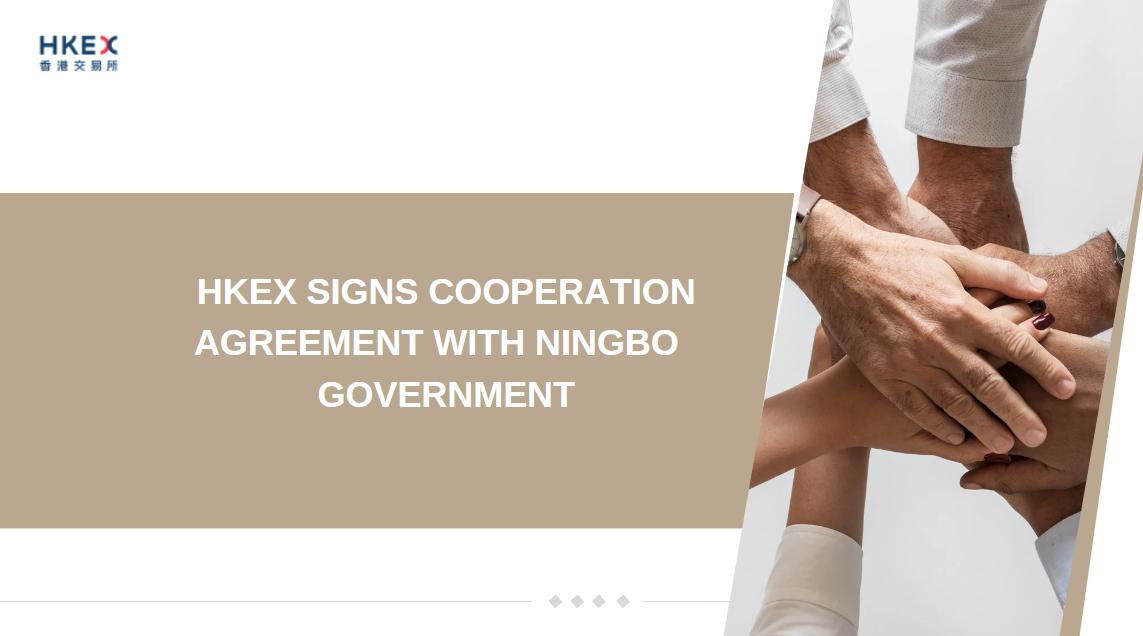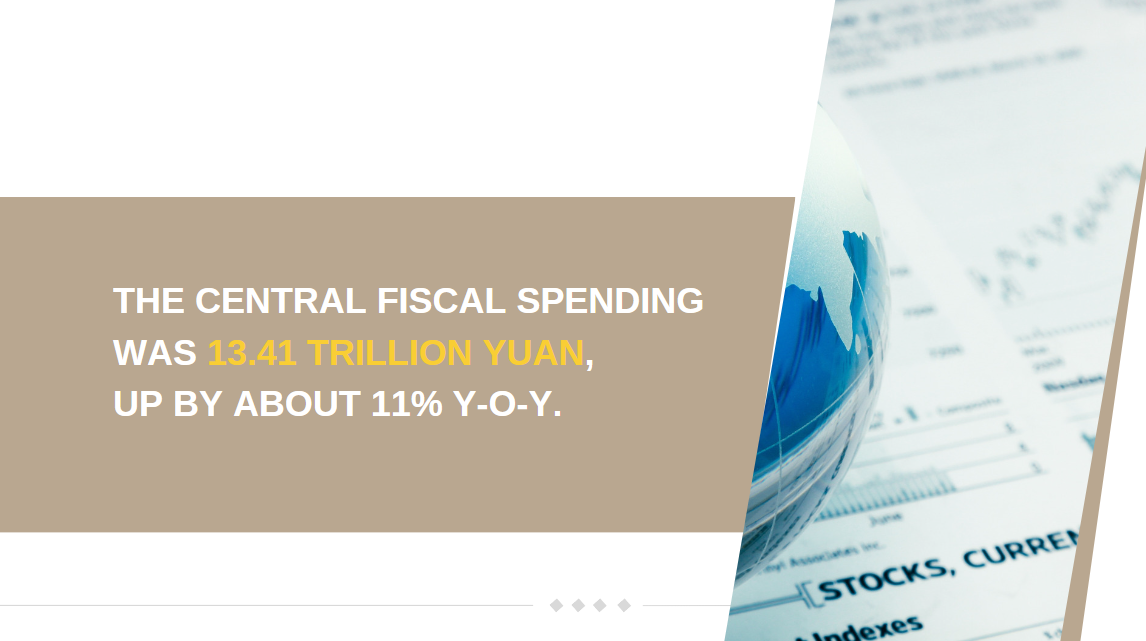MAS Proposes Framework for Digital Asset Networks
The Monetary Authority of Singapore (MAS) published a report proposing a framework for designing open, interoperable networks for digital assets (i.e. tokenised real-economy and financial assets ). The report Enabling Open & Interoperable Networks was jointly developed with subject matter experts at the Bank for International Settlements’ (BIS) Committee on Payments and Market Infrastructure (CPMI), with contributions from participating financial institutions [1] .
The report also considers how the CPMI-IOSCO principles for financial market infrastructures can be applied to evolving models of digital asset networks, taking reference from industry pilots launched under Project Guardian, which is MAS’ collaborative initiative with the financial industry to test the feasibility of applications in asset tokenisation and Decentralised Finance. The report is part of MAS’ effort to ensure that emerging digital asset networks are underpinned by international standards which promote safe and efficient financial market infrastructure.
MAS also announced an expansion of Project Guardian to test the potential of asset tokenisation across more financial asset classes. To support this, MAS has established the Project Guardian Industry Group, comprising 11 financial institutions [0] (FIs) which will lead industry pilots in asset and wealth management; fixed income; and foreign exchange.
In the area of asset and wealth management, pilots range from digital structured products to tokenised investment vehicles:
- HSBC, Marketnode and UOB have successfully concluded a technical pilot on the issuance and distribution of a digitally native structured product. The pilot successfully demonstrated the potential for lower issuance and servicing costs, reduced issuance and settlement times, deeper customisation, and broader distribution for participants within the structured product chain. A further pilot will focus on the issuance of multi-currency and debt/equity linked structured notes under HSBC’s existing issuance programme, tokenised by Marketnode’s multi-asset issuance platform, and distributed by UOB for its wealth management activities.
- UBS Asset Management is launching a pilot to explore the native issuance of a Variable Capital Company (VCC) fund on digital asset networks. This aims to enhance fund distribution and facilitate improved secondary market trading of VCC fund shares, thereby reaping industry-wide operational efficiencies.
- Schroders is partnering Calastone to explore the capabilities of a tokenised investment vehicle which can wrap and issue traditional investment securities, using VCCs. This could help achieve more cost-efficient investment allocation for retail and institutional investors while simplifying day-to-day operational processing.
In the area of fixed income and foreign exchange, there are pilots in tokenised asset-backed securities, tokenised bonds, and tokenised bank liabilities:
- Standard Chartered, in collaboration with Linklogis, developed an initial token offering platform to enable the issuance of asset-backed security tokens listed on the Singapore Exchange. The initial pilot demonstrated the feasibility of harnessing asset-backed tokenisation to enable investors to access yield-generating tokens tied to cashflows from underlying trade finance and working capital loans.
- DBS Bank, SBI Digital Asset Holdings [0] , and UBS AG are executing a pilot repurchasing agreement (repo) with natively issued digital bonds. This aims to enable greater flexibility, operational efficiency, faster settlement, and increased efficiency for cross-border distribution and settlement of capital market instruments on digital asset networks.
- Citi is testing the pricing and execution of digital asset trades on a distributed ledger. The initiative will leverage ledger data to improve post -trade reporting and analytics.
MAS is also pleased to welcome the Japan Financial Services Agency (JFSA) as the first overseas financial regulator to join Project Guardian. This paves the way for MAS and the JFSA to collaborate on digital asset innovation and best practices for asset tokenisation, while safeguarding against risks to financial stability and integrity.
Mr Leong Sing Chiong, Deputy Managing Director (Markets and Development), MAS, said, “While MAS strongly discourages and seeks to restrict speculation in cryptocurrencies, we see much potential for value creation and efficiency gains in the digital asset ecosystem. This is why we are actively collaborating with the industry to foster a responsible and innovative digital asset ecosystem. As we enter this new phase of Project Guardian, we look forward to collaborating with fellow policymakers and industry practitioners to jointly develop effective frameworks to guide the sound development of future financial networks.
8 Mamoru Yanase, Deputy Director-General of the Strategy Development and Management Bureau, FSA, said "We are delighted to join the Project Guardian. Decentralised financial ecosystem continues to develop in complexity, and it is important to address emerging risks. On the other hand, blockchain technology including web3 could be a strong driver of innovation in the medium to long term, including. We look forward to working with MAS, traditional financial institutions and FinTechs to further enhance our knowledge in this area.”
***
- [1] This report is developed with reference to the Principles of financial market infrastructures (PFMI) by BIS’ Committee on Payments and Market Infrastructures (CPMI) and learnings from industry pilots conducted under Project Guardian. MAS’ report includes contributions from DBS Bank, JP Morgan, HSBC, SBI Digital Asset Holdings, Standard Chartered and UOB.
- [2] See Annex for the full list of financial institutions and pilots.
- [3] SBI Digital Asset Holdings as project lead, with all transaction related activities conducted via licensed SBI affiliates.






















































First, please LoginComment After ~